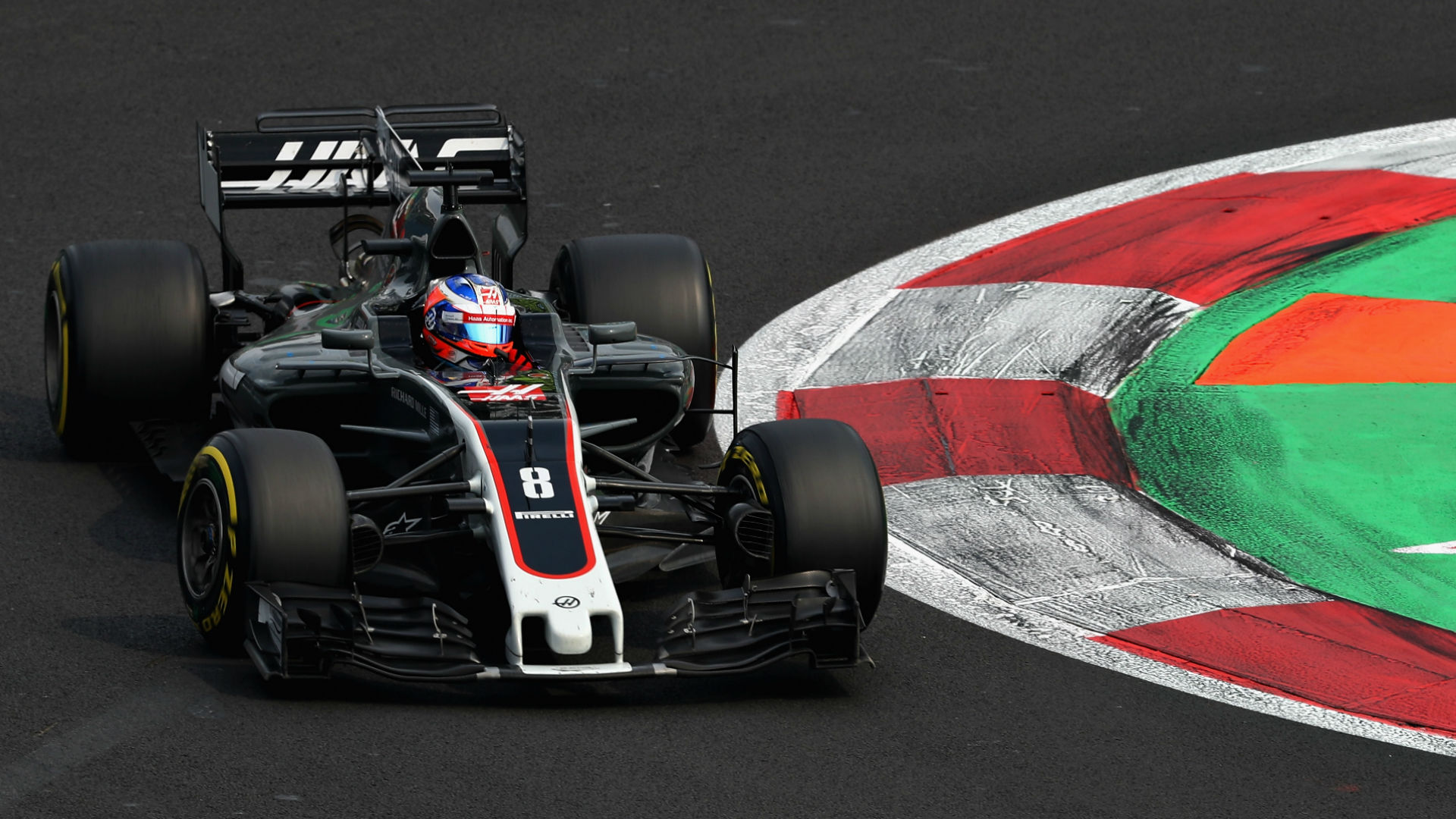

Haas F1 became the first American team to enter Formula 1 in 30 years during 2016 under the helm of motorsport guru Gene Haas. The man who has seen vast success in NASCAR believed Formula 1 to be a suitable market just a year ago, and although his North Carolina-based team hasn’t been especially prosperous so far, Haas has his eyes set on the bigger picture. In a recent interview with Autoweek, the United States-bred businessman sat down and discussed some of his plans for the racing outfit’s future including a 10-year deadline for victory.
The Haas Automation founder, president, and CEO started the interview bluntly when asked why his team wasn’t winning despite having the money to do so.
“Winning is something not even in the scope of where we are,” Haas explained. “We’re just trying to compete.” He continued to mention that the only way his team could take home a victory would be if “some kind of a disaster race” took place, knocking out the top competitors. This, Haas tells, is something that he will need to evaluate if his crew is still in the same position five years down the road.
“I think if after five years we are still way at the back and not where we want to be, then we would have to rethink whether we still want to be in F1.”

Haas made note that the team has two good drivers and a car that’s “really pretty good” despite not showing up on the rostrum since entering the series. He expressed some frustration that stems from learning the limits of the machines, especially tires. “We’ve had a lot of problems when we have overstressed the tires,” said Haas. “You find that if you tell the driver to back off, he goes faster!”
After being asked if Formula 1 was more complex than Nascar, the team owner claimed that there isn’t much difference in that regard. It’s all a matter of all of the “moving pieces” collaborate, according to Haas, as the team has realized in 2017.
As for the future, Haas says that the red, white, and blue squad will be taking it “one step at a time”. If it can do that, then he hopes that the kinks will be worked out and promote success for the lone-U.S. team on the F1 grid.
“I would think that in 10 years, we should have the ability to win a race, and if we can’t, I guess we failed.”